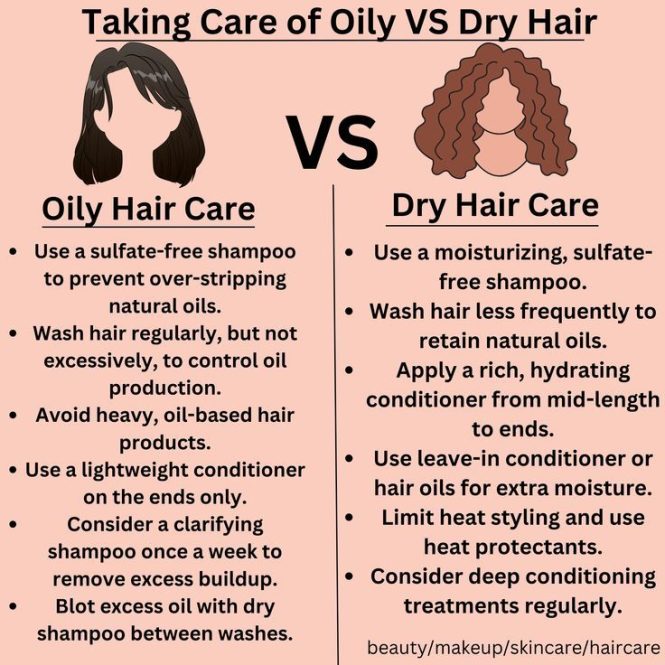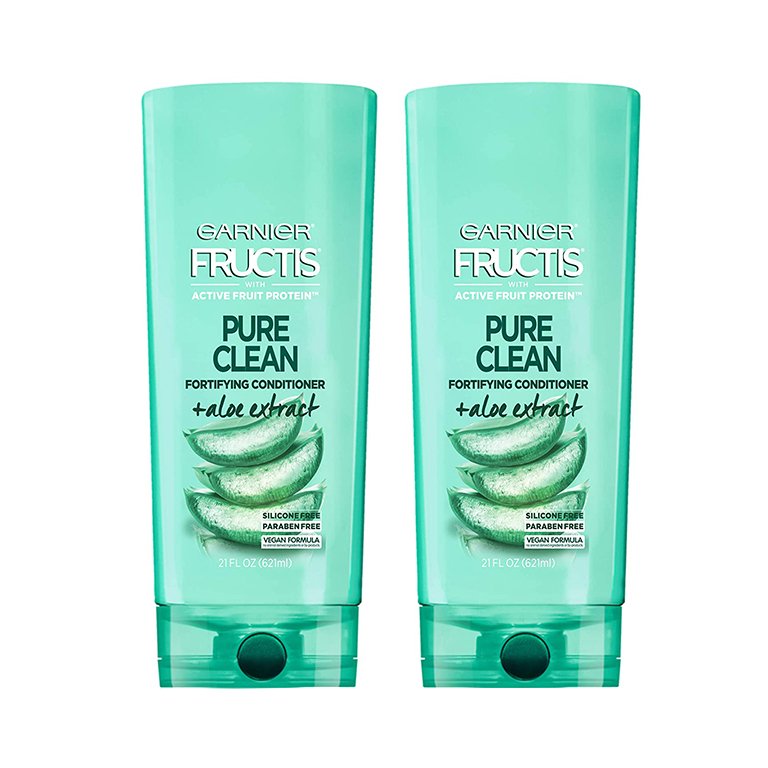

Managing oily hair can be a frustrating experience. Unwanted oil buildup can lead to dullness, limpness, and an overall lack of shine. This article delves into Hair Care for Oily Hair: How to Control Oil Production, offering practical solutions and expert tips. We’ll explore the causes of oily hair, discuss various hair care routines, and provide you with product recommendations. We’ll cover various techniques from home remedies to professional treatments. Let’s dive into effective strategies to manage oil production and regain your hair’s vitality.
Understanding Oily Hair: Causes and Impacts
What is Oily Hair?
Oily hair is a common hair type characterized by excess sebum production. Sebum is a natural oil produced by the sebaceous glands in the scalp. While sebum is essential for hair health, excessive production can lead to a greasy appearance, making the hair appear limp and heavy.
The Role of Sebum:
Excess sebum often leads to a sticky, oily scalp that can result in the hair looking dull and weighed down. This often impacts the look and feel of your hair and may cause various other issues. Knowing the factors contributing to excess sebum production is crucial in determining an effective treatment plan.
Common Causes of Oily Hair:
Several factors can contribute to oily hair production. Some possible causes include genetics, hormonal changes, stress, and certain medications. It is also essential to consider dietary habits and environmental conditions. Some people have a genetic predisposition to produce more sebum than others.
Negative Impacts of Oily Hair:
Beyond the aesthetic concerns, oily hair can lead to various problems including dandruff, hair loss (in some cases), and scalp irritation. The excessive oil can clog hair follicles, affecting the hair growth cycle negatively. This often makes hair look greasy and less healthy. The excess oil may also create an environment for certain fungi to thrive, potentially leading to dandruff.
Addressing the Problem:
This article provides a comprehensive guide to addressing the causes of oily hair and managing excessive sebum production. This guide covers various aspects, from identifying the root causes to exploring effective hair care solutions. We’ll explore the best hair care routines, provide product suggestions, and delve into various natural remedies.
Choosing the Right Hair Care Routine
Cleansing Strategies:
Regular and thorough cleansing is crucial for managing oily hair. Choose a gentle, clarifying shampoo formulated for oily hair types. Look for ingredients like salicylic acid, which can help exfoliate and remove excess sebum. Avoid harsh shampoos, as they can strip your scalp of its natural oils, leading to increased oil production.
Conditioning Practices:
While cleansing is vital, conditioning is also important. Use a lightweight conditioner specifically designed for oily hair to keep it from feeling overly greasy. Avoid heavy conditioners that can weigh hair down. Proper conditioning helps in the overall health of your hair.
Product Recommendations:
Look for shampoos with ingredients like tea tree oil, witch hazel, or salicylic acid for oily scalp treatments. These ingredients help to control oil production and reduce inflammation. Consider products designed for particular hair types. You should also consider other hair care products, such as serums and masks. Always test a new product on a small section of your scalp to ensure it doesn’t cause any irritation.
Frequency of Washing:
The frequency of washing depends on your individual needs. If your hair is oily, you might need to wash it every day or every other day. Some people can go further and only wash it a couple times a week. Listen to your scalp and hair to find the appropriate balance.
Avoiding Common Mistakes:
Over-washing can disrupt your scalp’s natural oil production cycle. Avoid washing your hair too frequently, as it can overstimulate oil production. Excessive washing can also cause scalp dryness, which sometimes worsens the issue.
Dietary and Lifestyle Adjustments
The Link Between Diet and Hair Health:
Certain dietary habits can impact sebum production. A diet rich in processed foods, sugar, and unhealthy fats can often trigger excessive oil production. Consider reducing or eliminating such foods from your diet. This might help in balancing your oil production.
Stress Management Techniques:
Stress hormones can trigger an increase in sebum production. Implementing stress management techniques, such as yoga, meditation, or spending time in nature, can help regulate hormones and potentially reduce oil production. Proper stress management is an important part of hair health.
Hydration and Overall Health:
Proper hydration is essential for overall health and also contributes to hair health. Staying adequately hydrated can help regulate oil production and keep your scalp and hair healthy. Maintaining a balanced diet and lifestyle goes hand in hand with hair care.
Avoiding Triggers:
Identify and avoid triggers that seem to increase oil production. For example, if you notice that certain types of food or activities correlate with an increase in oiliness, you can take steps to eliminate or minimize your exposure to these triggers.
Professional Consultation:
If you’re experiencing severe oily hair issues, consider consulting a dermatologist or trichologist. They can provide personalized advice based on your specific situation and rule out any underlying medical conditions.
Natural Remedies and Home Treatments
Apple Cider Vinegar Rinse:
Apple cider vinegar is a popular natural remedy known for its ability to balance scalp pH and reduce oiliness. A diluted ACV rinse can help remove excess oil and promote healthier scalp conditions.
Baking Soda Paste:
Baking soda acts as a gentle exfoliant, helping to remove excess buildup and regulate oil production. Use a baking soda paste to cleanse your scalp, making sure to use small amounts and rinse thoroughly.
Tea Tree Oil Treatments:
Tea tree oil has anti-inflammatory and antimicrobial properties, which can help reduce oil production and prevent dandruff. Apply a few drops to your scalp and massage gently.
Other Natural Options:
Other natural remedies include aloe vera, rosemary, and chamomile. Research different natural options and select the ones that best fit your needs and preferences. Always test a new natural remedy in a small area first.
Safety Precautions:
Always test any new product on a small, inconspicuous area of your scalp before applying it to your entire head to check for any allergic reactions or irritation.
Advanced Techniques for Oily Hair Management
Specialized Products:
Consider using specialized hair care products designed for oily hair types, which can help to control and regulate sebum production. These products might contain ingredients that help regulate sebum, often with ingredients that help absorb excess oil from the hair.
Scalp Massages:
Regular scalp massages can stimulate blood circulation and promote healthier sebum production and help remove excess buildup. Massaging your scalp can also improve the overall texture and condition of your hair.
Avoiding Styling Products:
Be mindful of the styling products you use, as certain products can add extra oil and weight to your hair, making it seem oily. Opt for products that are lightweight and designed for oily hair types.
Hair Accessories and Hats:
Hats, caps, and hair accessories can increase sebum production and may exacerbate existing oily issues. Avoid using hair accessories too often if you have oily hair. Avoid using overly tight or restrictive hairstyles that may cause increased sweat or oiliness.
Hair Extensions and Wigs:
Avoid the use of hair extensions or wigs for extended periods. Hair extensions and wigs, often contribute to excessive sebum production or increase the risk of skin irritation. The excessive heat, sweating, or other factors may contribute to these oily hair problems.
In conclusion, managing oily hair requires a multi-pronged approach encompassing proper cleansing, choosing the right products, and maintaining a healthy lifestyle. By following the steps outlined above, you can effectively control oil production, achieve healthier, and more manageable hair. Try these tips today and experience the difference! For more advanced hair care solutions, consult a dermatologist or hair specialist.